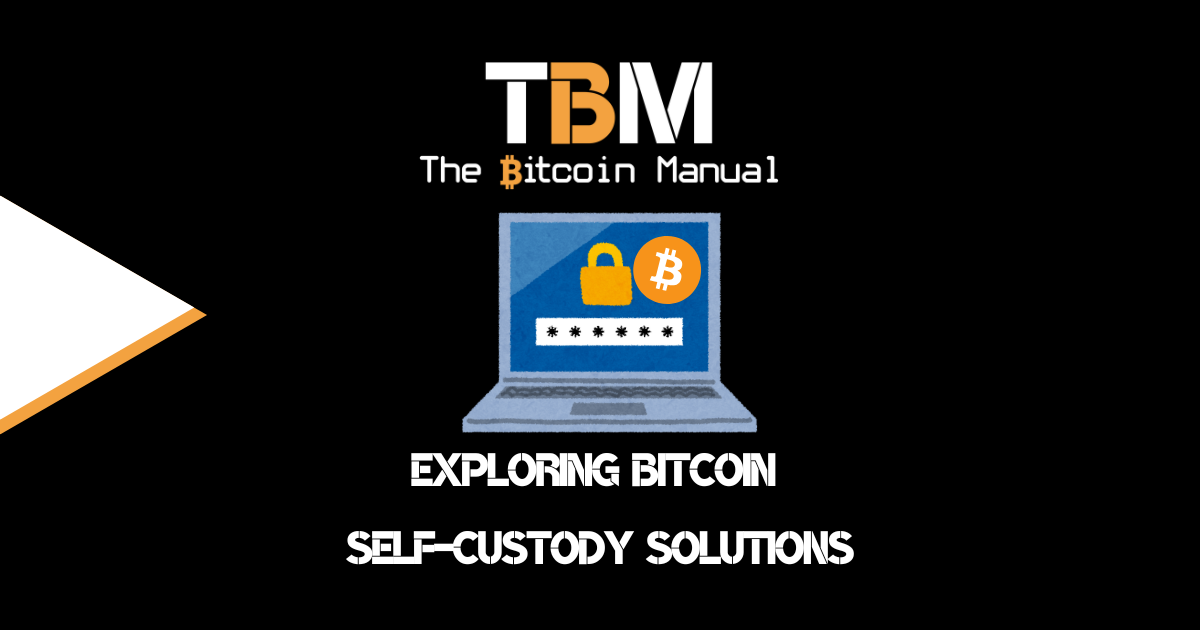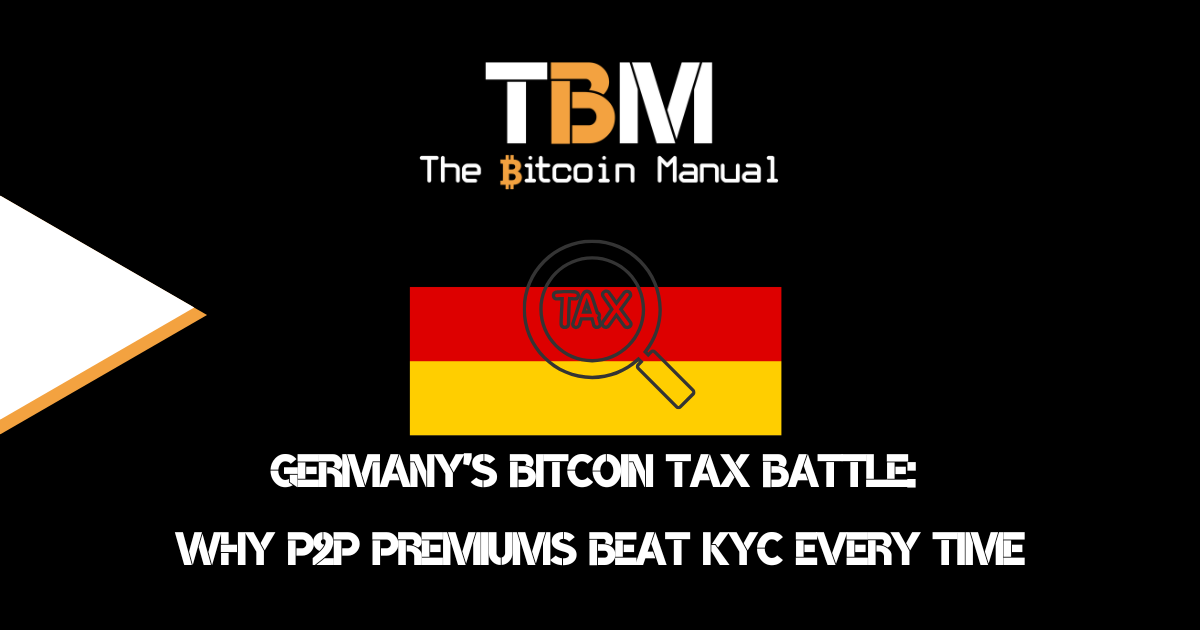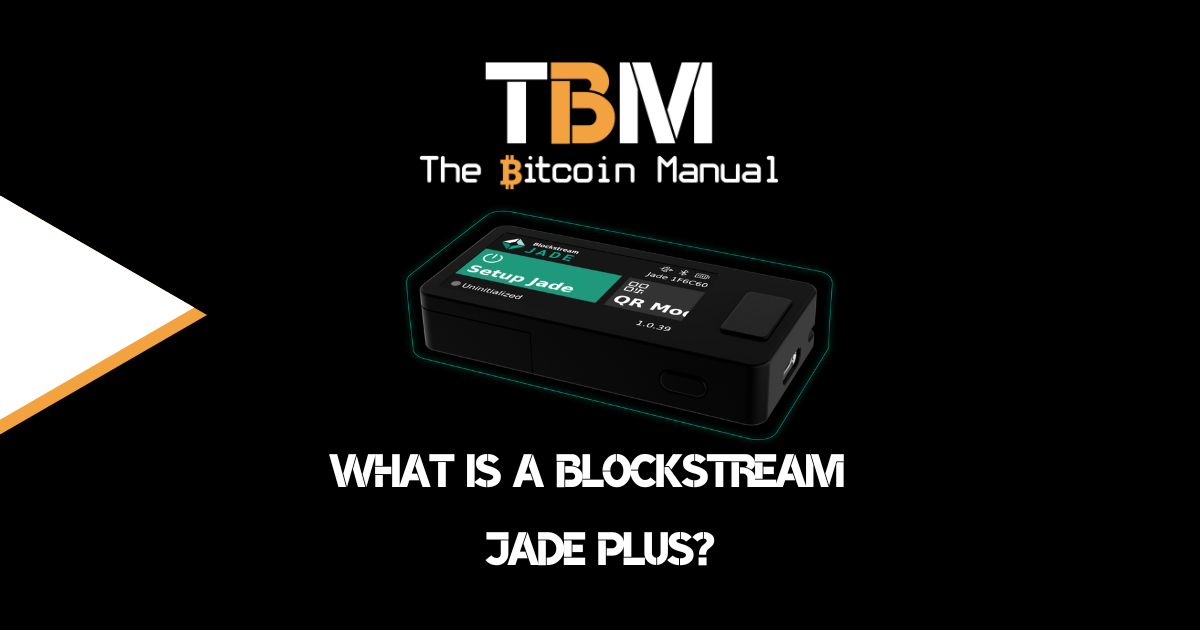The concept of self-custody is at the heart of Bitcoin’s philosophy. Not your keys, not your coins. By owning your private keys, you take complete control of your funds, eliminating reliance on third-party institutions.
However, this control comes with a significant responsibility: ensuring that your private keys are secure from both digital hacks, social engineering attacks and physical attacks. If you accidentally enter your backup phrase in malicious software or get physically threatened, your life savings are at risk.
Over the years, several self-custody solutions have emerged to address these concerns, each offering unique approaches to safeguarding Bitcoin.
The Challenges of Bitcoin Self-Custody
When managing Bitcoin independently, users are responsible for securing their private keys. This introduces several risks:
- Digital Attacks: Hackers continuously develop sophisticated methods to steal private keys, targeting devices through malware, phishing attacks, or vulnerabilities in software.
- Physical Threats: In some cases, Bitcoin holders face coercion or robbery, where attackers force them to transfer funds under duress. Conventional solutions like hardware wallets and multisig setups may offer some protection, but additional layers of security are often needed.
Given these challenges, several innovative solutions have been developed to enhance Bitcoin self-custody:
Casa: User-Friendly Multisig for Bitcoin Holders
Casa has made a name for itself as one of the leading multi-signature wallet services designed to enhance Bitcoin security. With Casa, users spread their keys across multiple devices. A typical setup might involve storing one key on your phone, one on a hardware wallet, and another with Casa itself. This approach ensures that no single point of failure can compromise a user’s funds.
Casa focuses on usability, making the process of managing multisig wallets accessible even for less tech-savvy users. It offers several tiers of service, with higher levels of support and security for premium customers.
However, despite its robust security, Casa remains vulnerable to situations where attackers might coerce users under duress.
What many Bitcoin maximalists mislike about Casa is the fact that they decided to also offer their services to ETH holders. An alternative to Casa is Unchained (formerly Unchained Capital), which has a higher price point but has been true to its bitcoin-only stance.
Liana: Bitcoin’s Smart Contract-Enhanced Security
Another interesting development in the Bitcoin self-custody space is Liana, which leverages Bitcoin’s native smart contract capabilities to secure funds. Liana uses a time-lock mechanism to ensure that users retain access to their funds, even in worst-case scenarios. Essentially, Liana’s system creates a backup process that kicks in if the user fails to access their funds within a specified timeframe.
The system automates certain aspects of key recovery, making it a safer option for users concerned about losing their private keys.
Liana is ideal for long-term holders looking for a robust solution to protect their assets against both key mismanagement and physical attacks. However, the reliance on time-locked transactions may not suit users looking for instant liquidity.
Liana is built by French developer and entrepreneur Kevin Loaec and his team at wizardsardine.
Hardware Wallets: Self-Custody Cold Storage Solutions
For years, hardware wallets like Trezor and Ledger have been staples of Bitcoin self-custody. These devices keep private keys offline, which protects them from online attacks. Hardware wallets remain a popular choice for those who prioritize security but also value ease of access.
However, while hardware wallets protect against digital attacks, they are vulnerable to physical coercion since they’re a single-signature solution. If someone gains physical access to the device, they can force the user to unlock it and transfer funds.
The most prominent and reputable manufacturers of hardware wallets are:
- Trezor
- Bitbox
- Seedsigner
- Foundation
- Blockstream Jade
- Coinkite
Time-Delays Over Multisig: A Next-Level Approach
To address the limitations of existing solutions, a promising technology gaining traction is time-delayed multi-sig. This solution incorporates the familiar multi-signature wallet structure, where multiple private keys are required to approve a transaction, but with an added twist: time-delays.
How Time-Delays Work
In a typical multisig setup, a user needs two out of three keys to approve a transaction. Time-delays add another layer of security by preventing transactions from broadcasting immediately, even after the required keys are used to sign it. This delay can range from a few hours to several days.
This buffer period is critical in situations where attackers gain access to your keys. Even if they manage to sign a transaction, the time delay gives the user a crucial window to take action—whether it’s cancelling the transaction or alerting authorities. Time-delayed multi-sig also provides protection in cases of physical coercion, where an attacker might force the user to sign a transaction. The enforced delay ensures that Bitcoin cannot be transferred instantly, giving the victim time to stop the transfer.
Secret Notifications for Added Security
An important feature of time-delayed multi-sig setups is the use of secret notifications. Whenever a transaction is initiated, users receive real-time alerts through encrypted channels like Telegram or email. These notifications keep users informed of pending transactions, allowing them to intervene if necessary.
BitVault: Making Multi-Sig and Time Delays Easy
A rising contender in the self-custody space is BitVault, which leverages time-delayed multi-sig technology to address both digital and physical security threats. BitVault combines multi-sig security with customizable time delays and secret notifications.
What sets BitVault apart is its ease of use. While many multi-sig solutions require advanced technical knowledge, BitVault aims to simplify the process. By offering an intuitive interface and robust security features, it appeals to both beginners and experienced Bitcoin holders.
With time-delayed transactions and real-time notifications, BitVault ensures that users have the flexibility and protection they need to manage their Bitcoin securely.
BitVault is fully open-source and self-custodial, so you shouldn’t just trust it, you should verify. If you aren’t technical, you can reach out to the technical community to ask for an opinion.
Choosing the Right Solution for Your Bitcoin Security
Bitcoin holders have a variety of self-custody solutions to choose from, each offering unique benefits depending on the user’s specific needs. Whether it’s the ease of Casa, the automation of Liana, or the time-tested protection of hardware wallets, these solutions each bring something valuable to the table.
However, for those seeking a balance of usability and advanced security, time-delayed multi-sig technology, as seen in BitVault, is emerging as a powerful option for protecting Bitcoin from both digital and physical threats.
As Bitcoin continues to grow in value and importance, so too does the need for effective self-custody solutions.
BitVault’s blend of time-delayed transactions and secret notifications offers a promising way forward for users looking to protect their assets without sacrificing usability.




